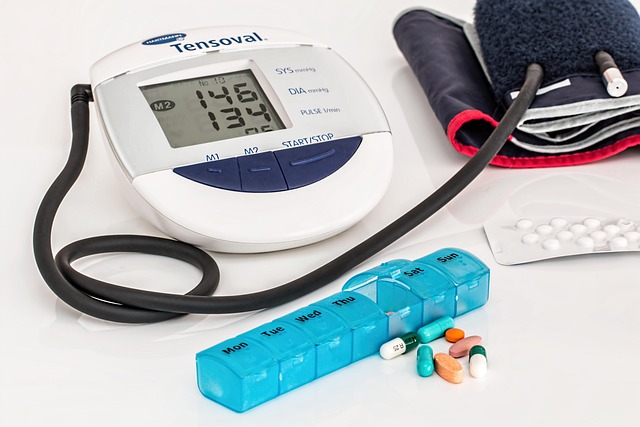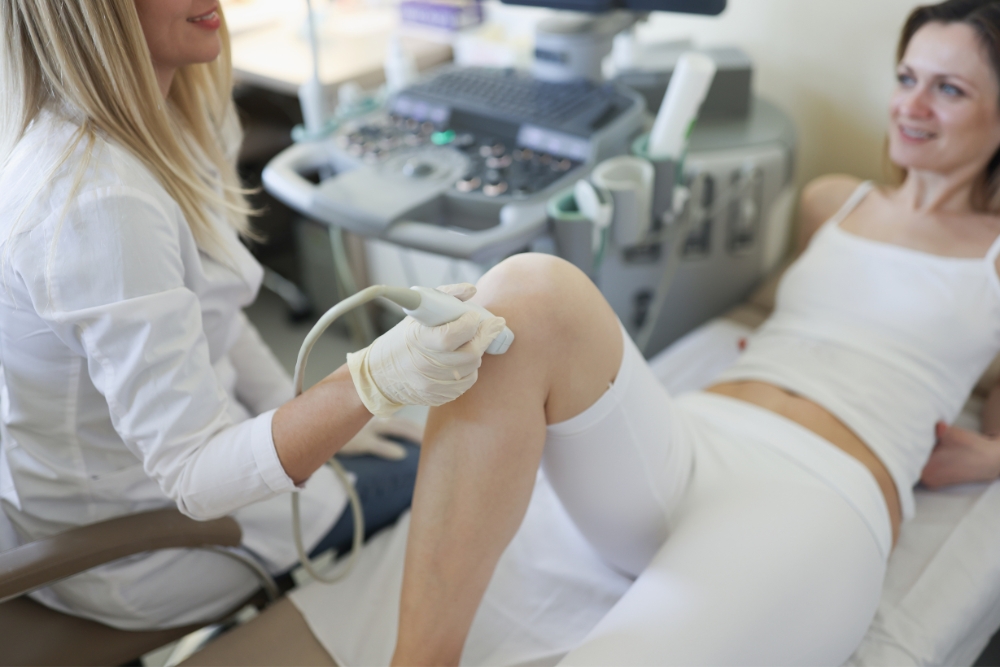Explore treatment and self-care for estrogen receptor-positive breast cancer.
Women with estrogen receptor-positive breast cancer need to understand treatment options and self-care, including the effects of stopping estrogen blockers. Estrogen receptor-positive (ER+) breast cancer is a subtype of breast cancer characterized by the presence of estrogen receptors on the surface of tumor cells. This means that the growth of these cancer cells is often fueled by the hormone estrogen. Understanding this subtype is crucial because it influences the treatment approach and potential outcomes for patients.

When breast cancer cells have receptors that bind to estrogen, they are classified as estrogen receptor-positive. This means that estrogen can fuel the growth of these cancer cells. Recognizing the characteristics of this subtype is essential for determining the most effective treatment strategy. Patients diagnosed with ER+ breast cancer often have access to targeted therapies that specifically address the role of hormones in cancer growth, offering hope for improved outcomes and quality of life.
What is estrogen receptor-positive breast cancer?
Estrogen receptor-positive breast cancer occurs when cancer cells in the breast tissue contain proteins called estrogen receptors. These receptors allow the cells to respond to estrogen, a hormone that can promote the growth and division of these cells. Testing for hormone receptors is a standard part of breast cancer diagnosis, typically performed through a biopsy. When results indicate ER+ status, it signals that hormone-blocking treatments may be particularly effective. This subtype tends to grow more slowly than hormone receptor-negative cancers and often responds well to endocrine therapies. Understanding your receptor status helps your healthcare team tailor a treatment plan that addresses the specific biological characteristics of your cancer.
What are the primary treatment options for ER+ breast cancer?
Treatment for estrogen receptor-positive breast cancer typically involves a combination of approaches. Surgery remains a cornerstone, with options including lumpectomy or mastectomy depending on the tumor size, location, and patient preference. Radiation therapy may follow surgery to eliminate any remaining cancer cells in the breast area. Chemotherapy might be recommended for certain cases, particularly when the cancer is at a higher stage or has spread to lymph nodes. However, the hallmark of ER+ breast cancer treatment is hormone therapy, which targets the estrogen receptors directly. This approach can significantly reduce the risk of recurrence. Your oncologist will consider factors such as tumor size, grade, lymph node involvement, and overall health when developing a personalized treatment plan that maximizes effectiveness while minimizing side effects.
How does hormone therapy work in managing ER+ breast cancer?
Hormone therapy, also called endocrine therapy, works by blocking the effects of estrogen on breast cancer cells or by lowering estrogen levels in the body. Several types of hormone therapy are available for ER+ breast cancer. Selective estrogen receptor modulators, such as tamoxifen, block estrogen from attaching to receptors on cancer cells. Aromatase inhibitors reduce the amount of estrogen the body produces and are typically used in postmenopausal women. These medications include anastrozole, letrozole, and exemestane. Ovarian suppression or ablation may be recommended for premenopausal women to stop the ovaries from producing estrogen. Hormone therapy is usually taken daily for five to ten years, depending on individual risk factors. While highly effective at preventing recurrence, these medications can cause side effects including hot flashes, joint pain, mood changes, and bone density loss. Regular monitoring and communication with your healthcare team can help manage these effects.
What lifestyle changes can support ER+ breast cancer treatment?
Adopting healthy lifestyle habits can complement medical treatment and improve overall well-being during and after breast cancer therapy. Maintaining a balanced diet rich in fruits, vegetables, whole grains, and lean proteins supports immune function and helps maintain strength during treatment. Regular physical activity, even moderate exercise like walking or yoga, can reduce fatigue, improve mood, and may lower the risk of recurrence. Achieving and maintaining a healthy weight is particularly important for ER+ breast cancer patients, as excess body fat can produce estrogen. Limiting alcohol consumption is advisable, as alcohol can increase estrogen levels and has been linked to higher breast cancer risk. Stress management techniques such as meditation, deep breathing, or counseling can help navigate the emotional challenges of a cancer diagnosis. Adequate sleep and social support from family, friends, or support groups also play vital roles in recovery and long-term health.
What are the effects of stopping estrogen blockers?
Discontinuing hormone therapy before the recommended duration can increase the risk of cancer recurrence. Estrogen blockers are prescribed for extended periods, often five to ten years, because breast cancer cells can remain dormant and potentially reactivate if estrogen stimulation resumes. When patients stop taking these medications prematurely, whether due to side effects, personal choice, or other reasons, they may lose the protective benefits that reduce recurrence risk. Some women experience relief from side effects after stopping hormone therapy, such as reduced joint pain or improved energy levels. However, this must be weighed against the potential increased cancer risk. If you are considering stopping hormone therapy due to side effects, it is crucial to discuss this with your oncologist. They may be able to adjust your medication, switch to a different type of hormone therapy, or suggest strategies to manage side effects. Never discontinue prescribed cancer treatment without medical guidance, as your healthcare team can help you make informed decisions that balance quality of life with cancer control.
Conclusion
Estrogen receptor-positive breast cancer, while a serious diagnosis, offers multiple effective treatment pathways that can lead to positive outcomes. Hormone therapy stands as a powerful tool in managing this subtype, working alongside surgery, radiation, and other treatments to reduce recurrence risk. By understanding your specific cancer characteristics, exploring all available treatment options, and incorporating supportive lifestyle changes, you can actively participate in your care journey. Open communication with your healthcare team, adherence to prescribed treatments, and attention to both physical and emotional well-being create a comprehensive approach to managing ER+ breast cancer. While the path may present challenges, advances in treatment and supportive care continue to improve survival rates and quality of life for patients with this diagnosis.
This article is for informational purposes only and should not be considered medical advice. Please consult a qualified healthcare professional for personalized guidance and treatment.




